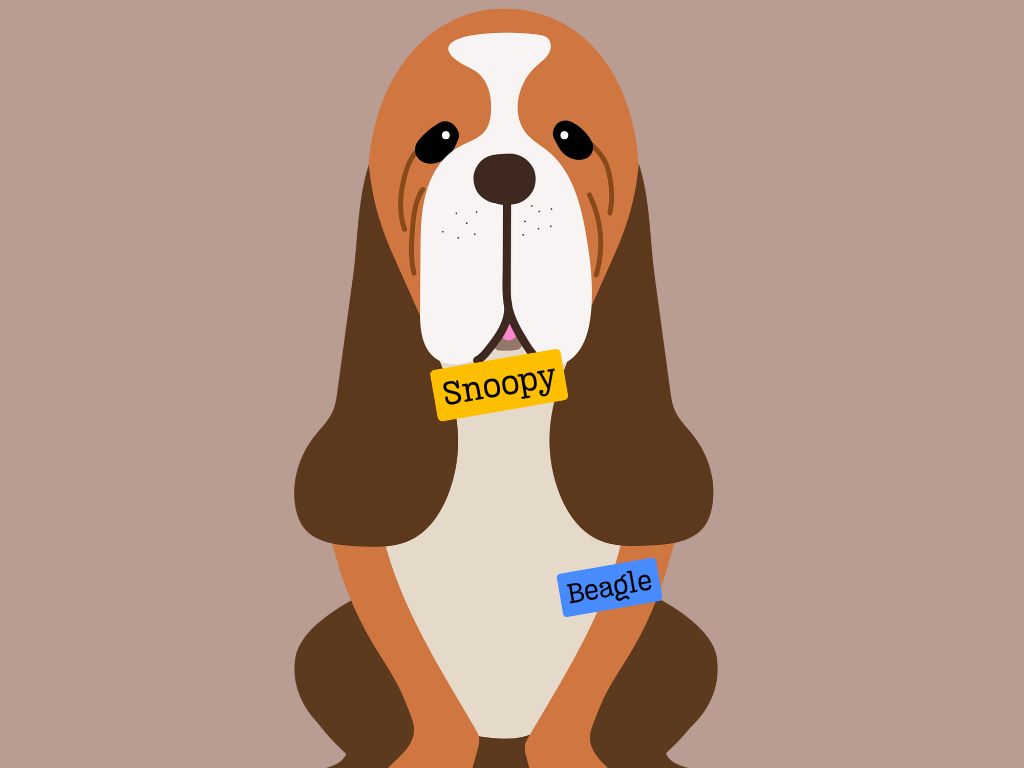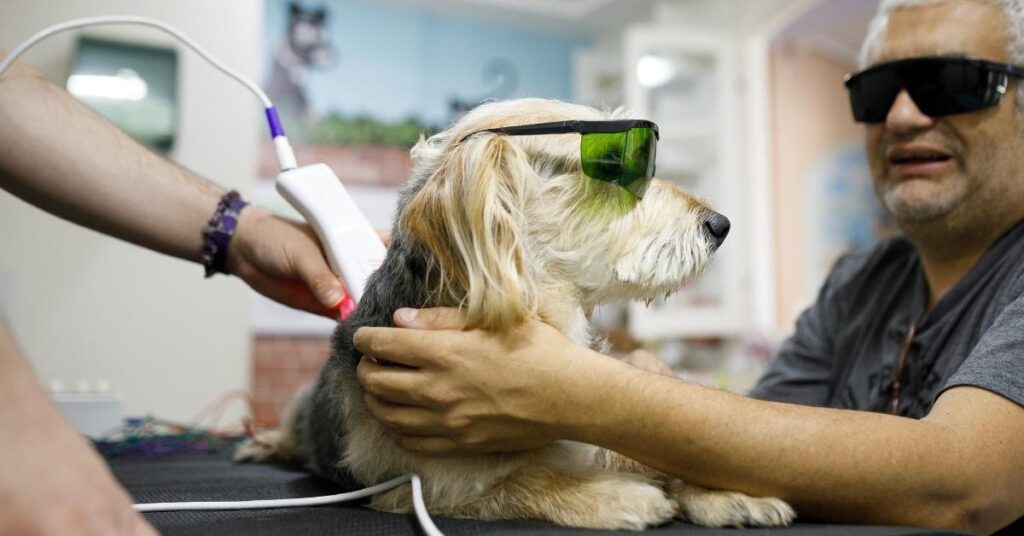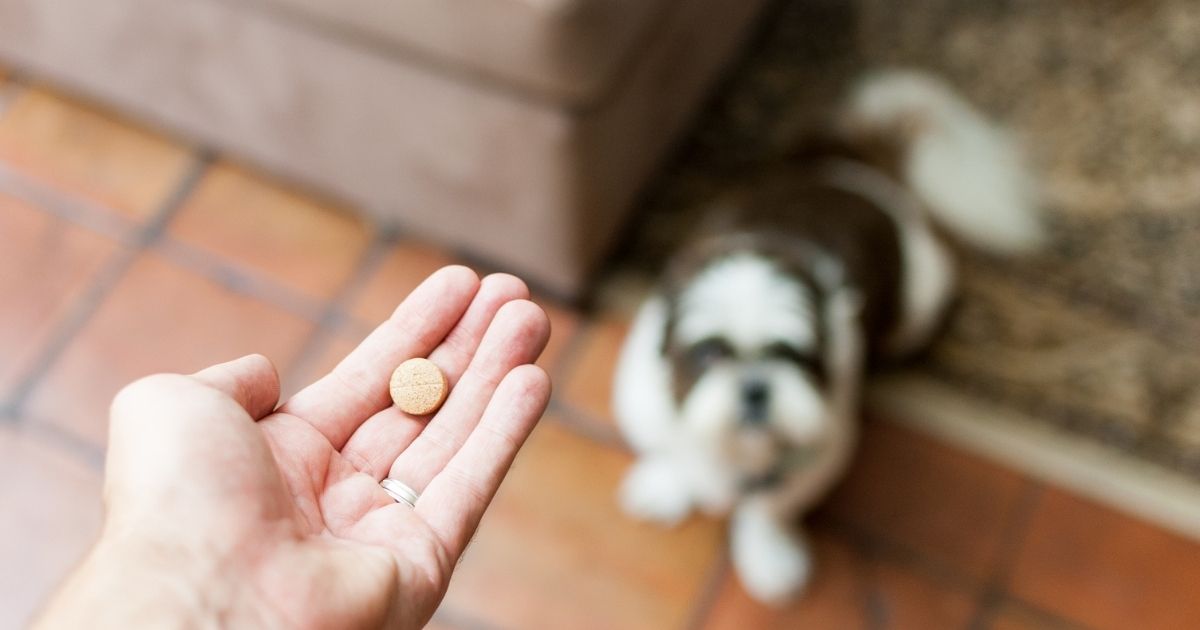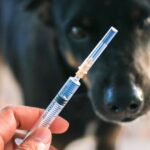Now Reading: Dog Abortion: Every Pet Parent Needs to Know About This Sensitive Topic
- 01
Dog Abortion: Every Pet Parent Needs to Know About This Sensitive Topic

Dog Abortion: Every Pet Parent Needs to Know About This Sensitive Topic
Let’s be honest—this isn’t a topic you expect to Google when you bring home a wagging tail and two big, trusting eyes. But life happens. Maybe your dog got out during her heat cycle, or a surprise mating happened faster than you could say “leash.” Suddenly, you’re left wondering: “What now?”
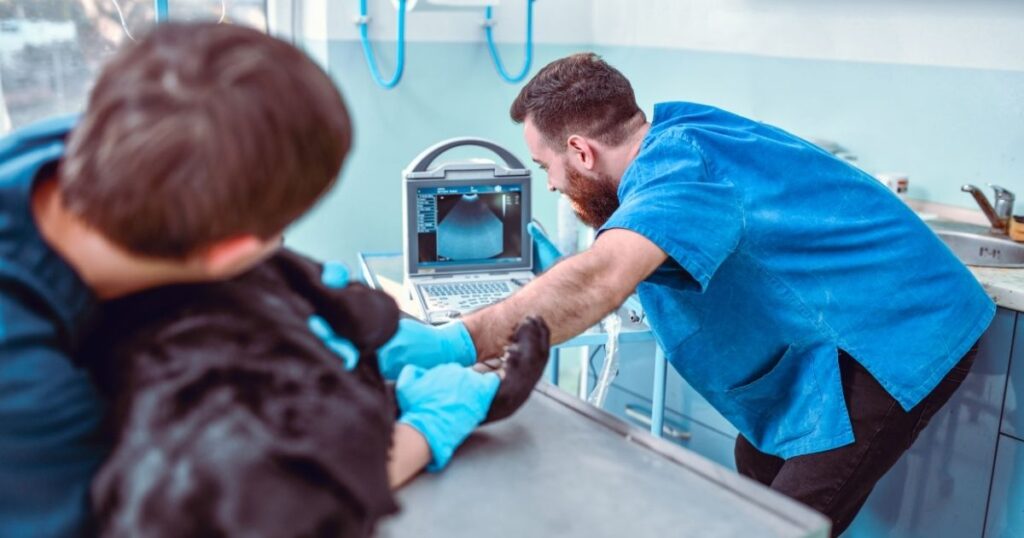
You’re not alone, and you’re not a bad pet parent for asking these questions. Dog abortion is a real medical topic, and just like any health decision, it deserves clear, judgment-free information. So, let’s sit down and walk through everything you need to know—together.
What Is Dog Abortion?
Dog abortion refers to the medical termination of pregnancy in a dog. It can be done through injections, pills, or in rare cases, surgery—depending on the dog’s health and stage of pregnancy. Vets don’t throw around this term lightly, and neither should we. It’s a serious procedure that must always be guided by a qualified professional.
Can a Dog Have an Abortion?
Yes, a dog can have an abortion—but only under veterinary supervision. The earlier you consult your vet after suspected or confirmed mating, the more options you’ll have. That’s why timing is everything.

Morning After Pill for Dogs: Does It Exist?
Technically, yes. Some vets administer a morning after pill for dogs (like estrogen injections) shortly after mating. But be cautious—these treatments can have side effects like infections or pyometra (a dangerous uterine condition). Never, ever, try to give your dog human Plan B or meds at home.
Plan B Pill for Dogs: Is It Safe?
The term Plan B pill for dogs is misleading. Dogs don’t have a direct equivalent of the human emergency contraceptive pill. Some hormonal injections work similarly by preventing the pregnancy from progressing, but again, they’re only safe when prescribed by a veterinarian.
Medical Options for Dog Abortion
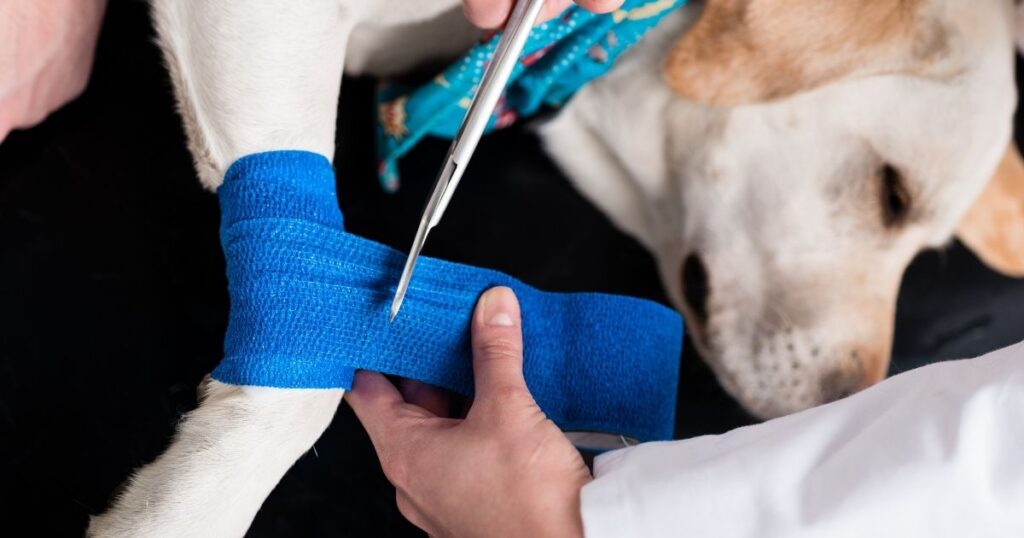
Depending on your dog’s health, pregnancy stage, and age, your vet might suggest:
- Hormonal Injections (like dexamethasone or prostaglandins)
- Dog abortion pill (oral or injectable drugs to end pregnancy safely)
- Surgical abortion (rare and usually in emergencies)
Each method comes with risks, which is why proper consultation is non-negotiable.
How Much Is a Dog Abortion?
Let’s talk dollars. The cost of a dog abortion in the U.S. typically ranges between $200 to $800, depending on:
- The clinic or vet’s location
- The size of the dog
- Pregnancy stage
- Chosen method (pill, injection, or surgery)
Pre-treatment testing like ultrasounds may add to the bill.
The Emotional Side (Yes, It’s Real)
Whether you’re facing this decision due to an accidental breeding, medical risks, or personal circumstances—it’s okay to feel conflicted. But remember, opting for dog abortion can be an act of love and responsibility. If your dog’s health is at risk, or if you can’t support a litter of pups, this decision may be the most ethical one.
What Happens After a Dog Abortion?
Recovery varies by method, but common side effects include:
- Lethargy
- Spotting or discharge
- Loss of appetite
- Temporary behavior changes
Your vet may recommend a follow-up visit and post-care medication. Also, keep your dog comfortable, hydrated, and loved.
Must Read: Boy or Girl? Cute Bunny Names That’ll Work!
Preventing This in the Future

We’ve got to talk about spaying. If you’re not planning to breed, spaying is the most reliable way to avoid future pregnancies and reduce risks of cancers and infections. It’s a one-time fix that saves a lifetime of surprises.
FAQs
A: No. It’s dangerous and unethical. Dog abortion should only be performed by a licensed vet.
A: Absolutely not. Only prescription medications administered by a vet are safe.
A: Early signs include behavioral changes, enlarged nipples, and later, a swollen belly. A vet ultrasound is the best confirmation.
A: Sometimes. Especially for young, old, sick, or small-breed dogs that aren’t fit to whelp.
Let’s Wrap This Up
If you’re navigating the difficult road of dog abortion, remember this: you’re not alone, you’re not cruel, and you are a responsible pet parent. Asking the hard questions and seeking the right medical support is the best way to love and protect your furry friend.
Stay informed. Stay kind. And always ask your vet

